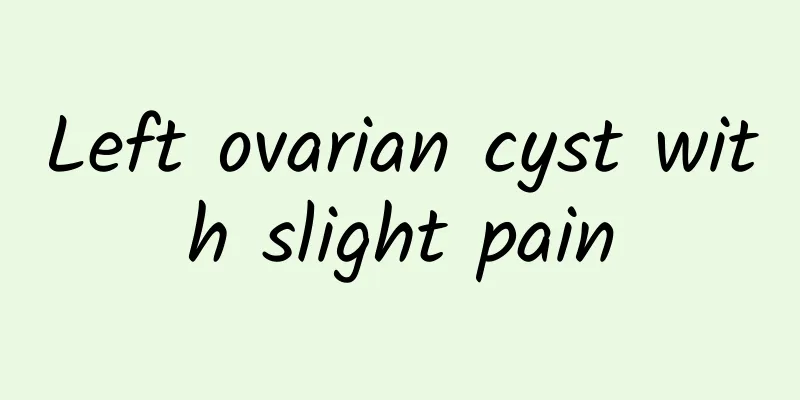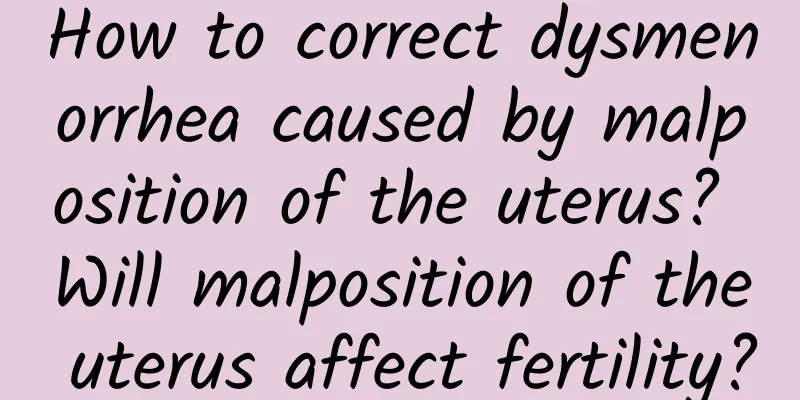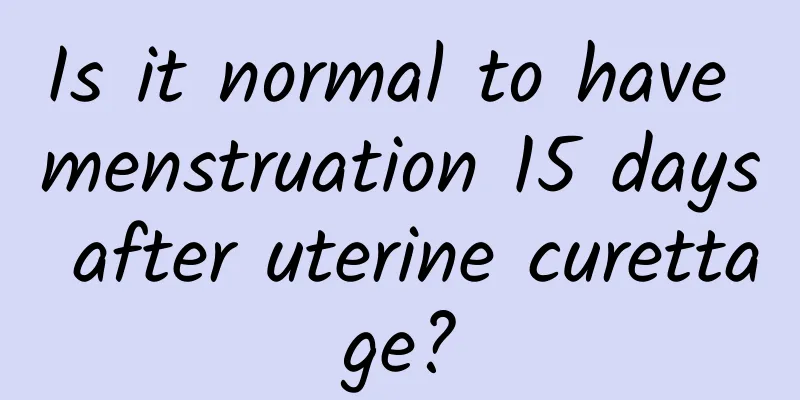What drugs to take to treat uterine fibroids

|
Drug treatment for uterine fibroids usually uses hormone drugs to regulate estrogen levels, including gonadotropin-releasing hormone agonist GnRH-a, progesterone receptor modulators, and contraceptives. These drugs can help relieve symptoms and inhibit the growth of fibroids, but they cannot completely cure them. 1 Gonadotropin-releasing hormone agonist GnRH-a: This drug can reduce the size of fibroids and reduce the accompanying symptoms such as excessive menstrual flow by inhibiting the production of estrogen. Commonly used ones include leuprorelin such as Dafilin and goserelin such as Zoladex, but the use time is usually no more than 6 months, because long-term use may cause bone loss. 2 Progesterone receptor modulators: Ulipristal is a common choice that reduces menstrual bleeding and shrinks the size of fibroids by blocking the fibroid cells’ response to progesterone. This medication is often used to temporarily control symptoms, especially in preparation for surgery. 3 Short-acting contraceptives: For patients with mild symptoms or small fibroids, doctors will recommend the use of low-dose combined oral contraceptives. These drugs can reduce menstrual volume and relieve menstrual pain by stabilizing hormone levels in the body, but they have limited effect on reducing the size of the fibroids themselves. In addition to medication, your doctor may recommend lifestyle adjustments to slow down the progression of your condition. For example, avoiding a high-fat diet can lower estrogen levels in the body, and eating more foods rich in phytoestrogens, such as soy and flaxseed, may help with hormone metabolism. Moderate exercise can help improve circulatory function and control weight. Drug treatment is suitable for patients with mild symptoms or those who are unwilling to undergo surgery, but it is not a cure. If the fibroids are large or the symptoms are obvious, such as heavy menstrual flow and strong pressure, surgical treatment, including myomectomy or hysterectomy, should be considered according to the doctor's advice. The treatment of uterine fibroids should be tailored to the specific condition and personal needs, and blind medication should be avoided. Scientific treatment is required under the guidance of a doctor. Regular follow-up and reexamination are also very important to keep track of changes in the condition in a timely manner. |
<<: Typical symptoms of threatened miscarriage include
>>: Can thin uterine wall cause premature ovarian failure?
Recommend
Which hospital is better to check the thickness of endometrium?
In fact, many gynecological diseases need to be t...
What causes pelvic inflammatory disease? Not paying attention to hygiene during menstruation
Pelvic inflammatory disease is generally caused b...
The World Championship Jiu-Jitsu team doctor shared: athletes' sports injury medication taboos, and experience in regaining weight after losing weight
Competition is fierce among athletes in internati...
Choosing the right treatment for uterine fibroids
The treatment of uterine fibroids varies accordin...
What are the emergency measures for ectopic pregnancy
Ectopic pregnancy is a very dangerous gynecologic...
Can pelvic inflammatory disease cause infertility? Be sure to treat it in time
Many women of childbearing age suffer from pelvic...
How long does it take to recover after adenomyosis surgery?
It usually takes 6 to 8 weeks to resume normal ac...
Secondary dysmenorrhea is caused by many factors.
Secondary dysmenorrhea is caused by many factors,...
What are the effects of cervical warts on pregnancy?
Cervical warts themselves are actually not that s...
Experts explain the four major causes of vulvar leukoplakia
The cause of vulvar leukoplakia is a very confusi...
Hyperprolactinemia Drugs
What are the drugs for hyperprolactinemia? The co...
Can pelvic effusion be cured after 4 days of treatment? How to prevent it?
Pelvic effusion is a very common female disease. ...
What are the characteristics of the symptoms of cervical warts at different stages?
In recent years, the number of women suffering fr...
Is endometrial tuberculosis contagious?
Is endometrial tuberculosis contagious? Endometri...
What is the standard value of the size of the ectopic gestational sac?
What is the standard size of an ectopic gestation...









